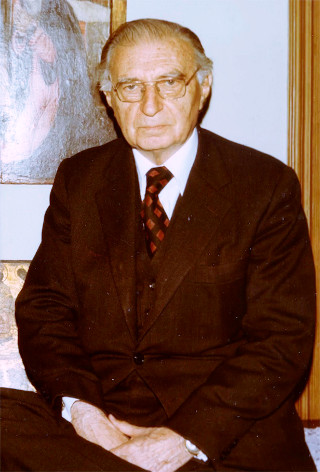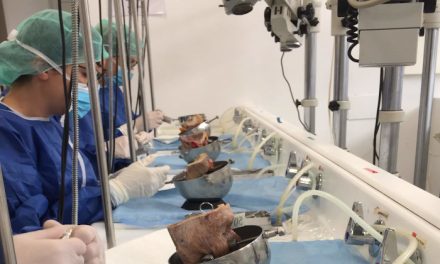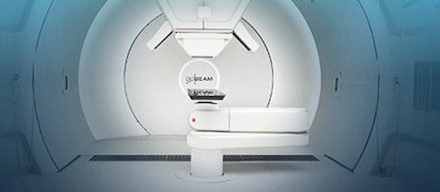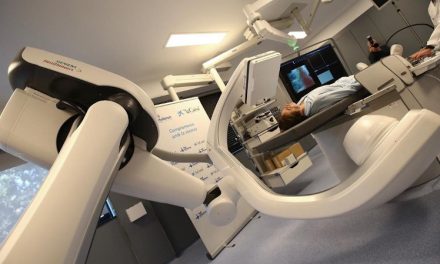
Dr. Ramón Sarró
The Royal European Academy of Doctors-Barcelona 1914 (RAED) presents the sixth installment of the series dedicated to the most notable academicians of its centennial history, this time to another of his illustrious characters: the renowned Catalan psychiatrist Ramón Sarró (1900-1993), introducer of psychoanalysis in Spain after studying in Vienna with Sigmund Freud‘s team. Another of the great figures of science and thought that have been part of the RAED and that the current Government Board wants to thank, acknowledge and claim, in the conviction that those who have no memory, have no future. The selection of these selected academicians, from all fields of knowledge, is the result of research carried out for the publication of the “Book of the Centenary” of the Royal Academy, published three years ago. Personalities that transcend their historical context to appear today as referents of knowledge.
Son of doctor Salvador Sarró, he studied Medicine at the University of Barcelona, where he graduated in 1923. His interest in Psychiatry took him to Vienna, with a scholarship of Alejandro Von Humboldt Foundation in Berlin, where he established contact with the most prestigious neurologists and psychiatrists of the time. On his way back to Barcelona he started the treatment with electric shocks and used the psychoactive drugs. He was appointed auxiliary doctor of the Mental Institute of the Holy Cross of Barcelona in 1929, psychiatrist of the Psychotechnical Institute of Barcelona in 1930 and psychiatrist of the Psychiatric Sanatorium of Sant Boi de Llobregat.
Doctorate in Medicine with the thesis “La Psicología de la Esquizofrenia. Pensamiento pre-simbólico y existencia mítica en la esquizofrenia” (The Psychology of Schizophrenia. Pre-symbolic thinking and mythical existence in schizophrenia) by the Complutense University of Madrid in 1931, he won the chair of Psychiatry at the Faculty of Medicine of the University of Barcelona, since where he developed an important research work in which he synthesized various psychiatric currents. He also participated in numerous projects to create professional journals. From the “Revista de Psiquiatría, Neurología y Dominios Afines” and “Medicina Clínica” to the “Revista de Psiquiatría y Psicología Médica de Europa y América Latina”.
He was elected member of the Royal Academy of Medicine of Catalonia and various European and Latin American academies and chaired the International Association of Medical Psychotherapy. His activity in the in this time Academy of Doctors of the University District of Barcelona is already collected in the Annals of the institution that collect the works presented between 1945 and 1962, and his admission as honorary member is collected in 1966. Among the speeches that the Royal Academy keeps with zeal is his “La psicopatía, problema humano” (Psychopathy, human problem).
His intense dedication to medicine and teaching earned him the Cross of Saint Georges of the Catalan Government and the Grand Cross of the Civil Order of Health, among other Spanish and foreign first-class distinctions. Three of his four children and six of his eight grandchildren have followed his example and have dedicated themselves to medicine, especially psychiatry.




